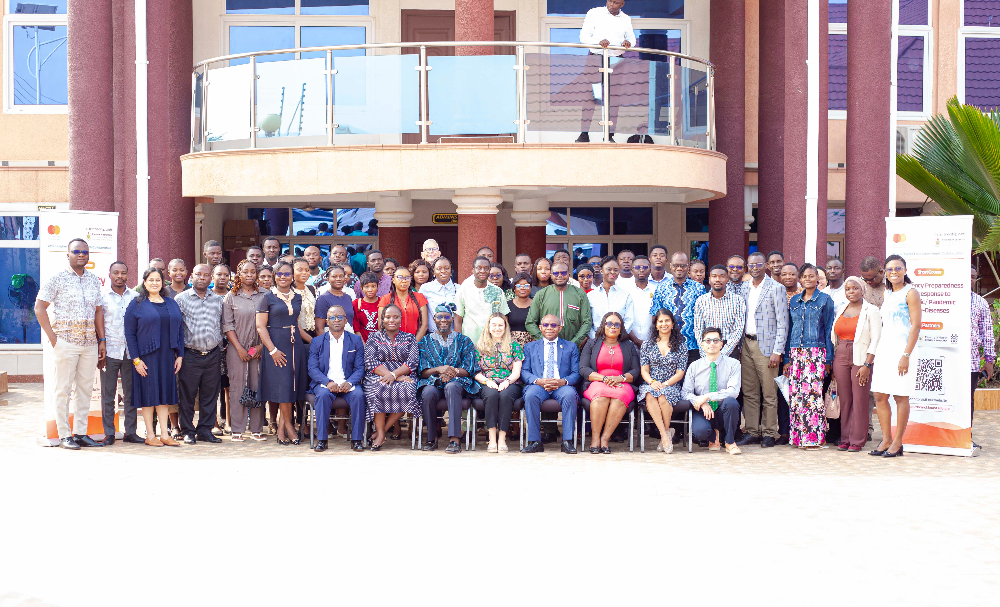Africa Health Collaborative at Kwame Nkrumah University of Science and Technology (KNUST), in collaboration with the Mastercard Foundation, has successfully concluded a 5-day workshop focusing on Community Emergency Care (CEC) and the Emergency Preparedness (EMPRESS) short courses.
The event, now in its third year, brought together healthcare professionals from various regions to enhance their skills in emergency response and pandemic preparedness.
Dr. Kimberly de Souza from the University of Toronto, reflecting on the workshop, praised the active participation and curiosity demonstrated by attendees. She highlighted the collaborative efforts between Canadian and Ghanaian facilitators, emphasizing the importance of shared experiences in strengthening emergency care practices.
“This course thrives on your participation, so stay curious and actively involved. Over the past few years, we’ve been co-facilitating and collaborating with our Ghanaian colleagues, so let’s learn from each other and draw from our shared experiences both from Canada and Ghana to strengthen our practices in emergency preparedness and response. We are honoured to have you here with us,” she said.
The co-created course seeks to equip participants with the requisite skills to respond effectively to emergencies and pandemics.
Professor Peter Agyei-Baffour, Dean of the School of Public Health (SPH) at KNUST, underscored the essence of continuous lifelong learning and the need to acquire skills to make a difference. He encouraged trainees to take advantage of the resources available to them.
“I believe the next few days will offer you exceptional opportunities to expand beyond knowledge. Network with your colleague primary healthcare workers from all other regions. Engage with expert facilitators who are very passionate about their courses,” he said.
Click here to continue reading.

















